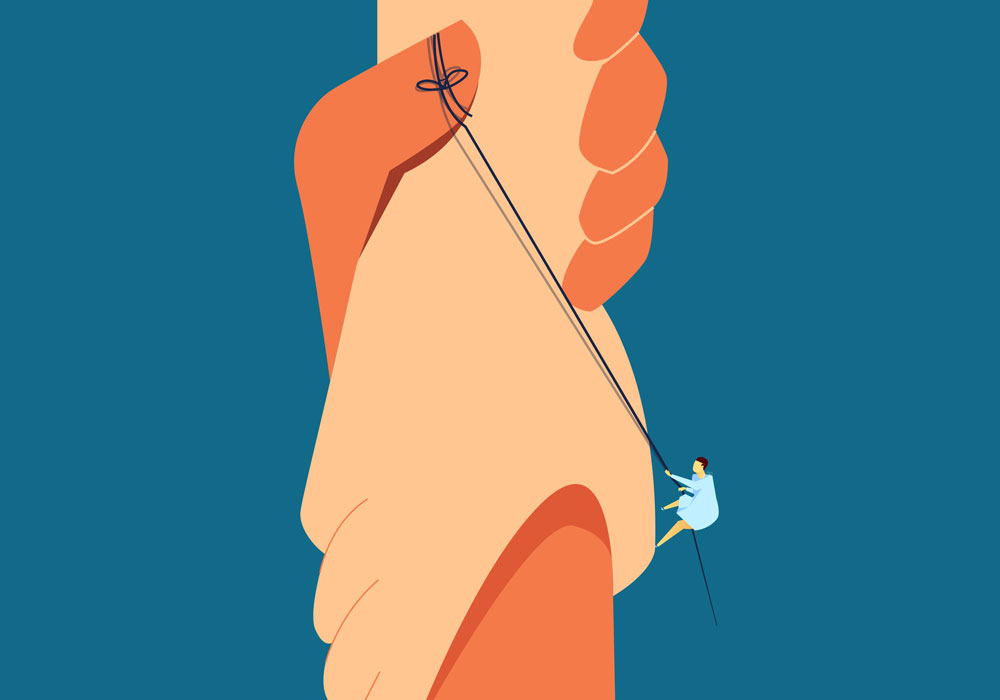As reported to Chris Pirschel by Joan Such Lockhart, PhD, RN, AOCN®, CNE, ANEF, FAAN, and Melinda Oberleitner, DNS, RN
In 2016, the American Cancer Society (ACS) reported that the number of currently living cancer survivors is estimated at 15.5 million Americans. For 2018, ACS is projecting another 1.7 million new cases of cancer diagnoses. On one hand, the growing number of survivors indicates that early diagnosis, new technologies, targeted interventions, treatment options, and access to care are making a huge difference for patients.
However, the downside facing this growing population is that survivors may encounter general or site-specific side effects in the short term and long term, while also facing an increased risk for cancer recurrence and secondary cancers. As survivors continue receiving healthcare services in a variety of clinical settings, the growing demand for care will lead back to providers. Nurses employed in diverse clinical settings—non-oncology settings—need to understand the risks and needs of cancer survivors.
Unfortunately, no evidence currently exists to measure whether non-oncology nurses—or even their oncology nurse counterparts—are educationally prepared to handle survivors’ specific needs. To answer that question, we led two national studies along with several ONS members across the United States, in collaboration with ONS Assistant Chief Clinical Officer Michele Galioto, MSN, RN.
The first looked at the depth and importance of cancer content included in more than 300 U.S. prelicensure, accredited RN programs. The study found varying levels of core cancer content presented to students. Interestingly, faculty rated the cancer content as more important than the time they had to include it in their courses. They cited obstacles like having an already heavily loaded curriculum, lack of time, lack of access to experts and resources, and not having the information needed to include in the curriculum. The study revealed the importance of needing to prepare the pipeline to educate newly graduated nurses entering the workforce—not just into oncology—about caring for patients with cancer. Working with ONS staff, ONS members Melinda Oberleitner, DNS, RN, Janet Fulton, PhD, RN, ACNS-BC, FAAN, and I drafted core cancer competencies for prelicensure program graduates. Currently, Deborah Struth, MSN, RN, is pilot testing a cancer curriculum and faculty guide created by ONS staff.
The second study looked at newly graduated nurses working in non-oncology–designated areas who have not received addition preparation for cancer care. Two groups, one of oncology nurse experts and one of non-oncology nurses, highlighted significant topics in the care of cancer survivors. Both groups identified similar areas, including symptom management for issues such as infection and caring for access devices. Nurses already have a knowledge base to understand topics such as infection in care, but it’s important to bridge the gap to provide cancer-specific information. That’s where educational instruction needs to focus in the future.
All nurses must support cancer survivors. Crucial to these efforts is connecting student nurses, nurses entering the workforce, and nurses currently practicing with organizations such as ONS. Engaging them with the oncology community is beneficial to build an awareness and foundation in that area of practice, regardless of whether they specialize in oncology. Unfortunately, the growing population isn’t going to go away, and it will continue to impact nursing on a local, national, and global level.






